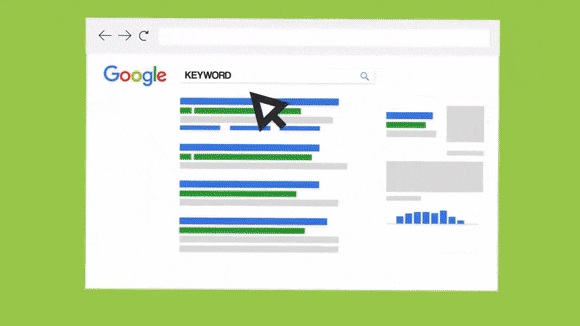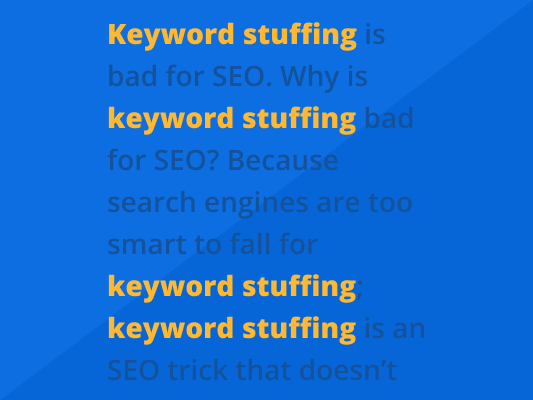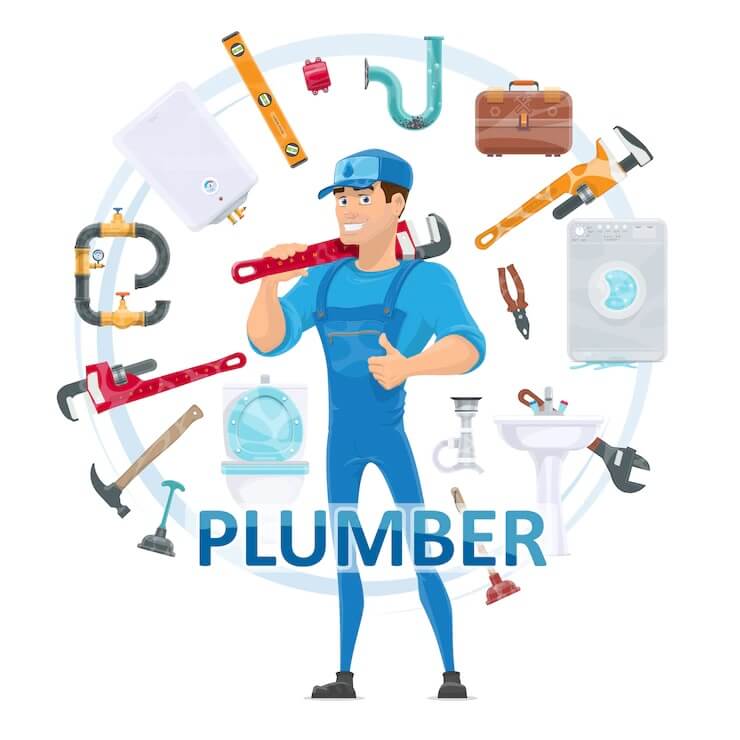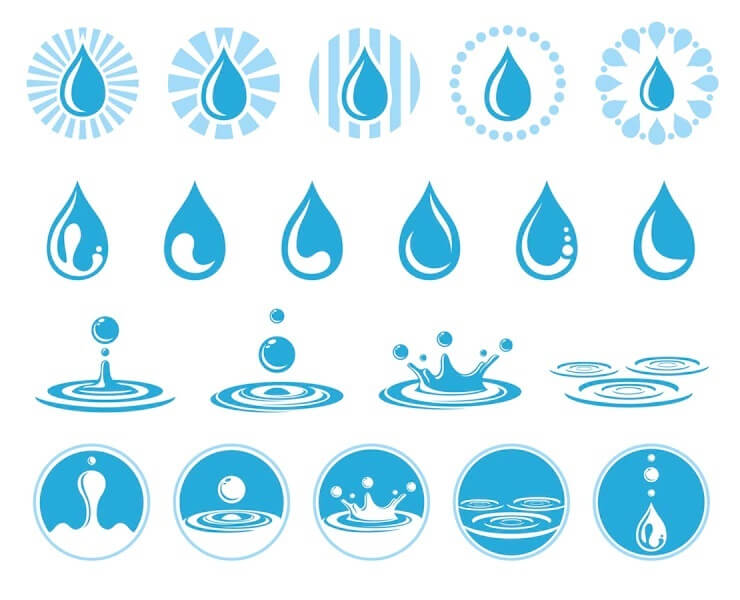As a digital marketer, you know the importance of SEO (search engine optimization). SEO is essential for online marketing campaigns, and every business owner with a business website needs it. Unless you keep up with the times, you might end up being left behind in this ever-changing environment.
SEO is very important for a digital marketer. It’s used for digital marketing to increase leads and traffic, generate organic SERPs (search engine result pages), and improve trust among clients.
Since SEO involves keywords, rankings, tags, media, coding, algorithm, and links, it’s difficult for non-digital marketers to understand. Alongside the fact that the search engine optimization practice is always evolving that sometimes even expert digital marketers fall behind, it’s is no wonder that common misconceptions and lies began to form over different methods of optimizing your website.
It’s important not to get stuck on old practices and misconceptions about this search engine optimization as it can potentially harm your website, which you’ve put so much effort on. There are immense benefits gained from using SEO or search engine optimization in your business if appropriately practiced.
Is search engine optimization or SEO dead? Is there any truth to this, or are they a lie? This article will discuss the biggest misconceptions and untruths about SEO.
IS SEO DEAD?
The death of search engine optimization is greatly exaggerated and a misconception that confuses most digital marketers. According to statistics, 65.25 billion dollars was spent by companies in 2016 on SEO tactics. The number increased to 78 billion in 2018, and by 2020 it’s estimated that companies will spend 79.27 billion dollars on search engine optimization or SEO.
Even though a website does not have top ranking on search engine optimization, 32.5 percent of all generated organic traffic is obtained from a keyword search. You have a pretty big impact on the bottom line since keywords and high volume is relevant to some users.
If SEO dies, it’s taking a lot of money down with it because if your website is working just fine, 40% of revenue gotten from generated traffic should put this amount of money into your bank account. Considering these few facts, we can say that search engine optimization is very much alive and is working just fine. While SEO is not dead, some processes have evolved into something new, and when outdated tactics are still used, it can actively drop your rankings in SERPs, thus making some business owners confused and believe the lie that SEO is dead.
Some lies and misconceptions regarding the death of SEO
- All that matters is to build up links: Building links are very important, and SEO remains Google’s number one top-ranking factor. Although just a few years ago, building as many links as you can to your site boosts your SERPs ranking. Things don’t work that way anymore. What matters right now is the quality and relevance of your links, not just the quantity. Though inbound links are still important, large quantiles of spammy links posted over a random digital website can harm your rankings because Google and other SERPs have shifted their focus from quantity and now emphasize more on quality.
- Hyped up about dominating the number one spot: Be cautious of any SEO firm or agencies that guarantee you the top ranking on Google. No one can hype your rankings on any search engine except Google. So many websites fall for such tricks because they tend to focus more on snagging the number 1 ranking on Google but what they fail to understand is that ranking number one may not have strong correlation traffic it used to have. Your website could rank number one but still be buried deep since most search results are filled with ads, question boxes, etc. So web crawlers usually search in deep to get what they want. Rather than emphasizing getting the number one rank, your point of focus should be on increasing your click-through rates.
- Overemphasizing keywords: As search engine optimization or SEO is constantly changing, various search engines have evolved and have adopted more effective means to show what your page is talking about. In the past, keywords played a very vital role in SEO as links. Anyone could get a better ranking on SERPs, creating low content articles, and fully stuffing your page with keywords. Now, instead of using a particular keyword to fill your page, which can wrongly phrase sentences and paragraphs inhibiting user experience, it’s more important to optimize your content for great user experience and readability fully. Google’s main focus is to understand the purpose behind keywords and not just the actual keywords themselves. Your posts should be according to quality and user experience, and if the content is good, keywords will blend in well. Rather than sacrificing a good article just for keywords density, focus more on the topic in general and contents so your post can satisfy the user demand. If your client decides to build content, advise them on how to do it the right way because content that are not fully optimized with spammer keywords post a great threat to web marketing.
- More pages and posts increase ranking: One thing you need to know is that Google generally doesn’t rank websites, and it only ranks individual web pages based on how the page relates to a search or keyword. Rather than creating more web pages and posts, creating content that has the information your user needs by bringing out key points on a topic on one page would be best. If your content is long and valuable, it can rank for many different keywords search and queries. Though this does not mean your whole website and its content should be on one page, creating sub-topics would create links back to the main page, improving the overall search engine optimization of the page.
These misconceptions and lies make people believe that SEO is dead, but it is pretty much alive. The key is moderation. There are still some standing principles you can adopt, and when you follow these principles and identify the lies regarding SEO, you’ll improve your leads, traffic and generate more conversions.


























